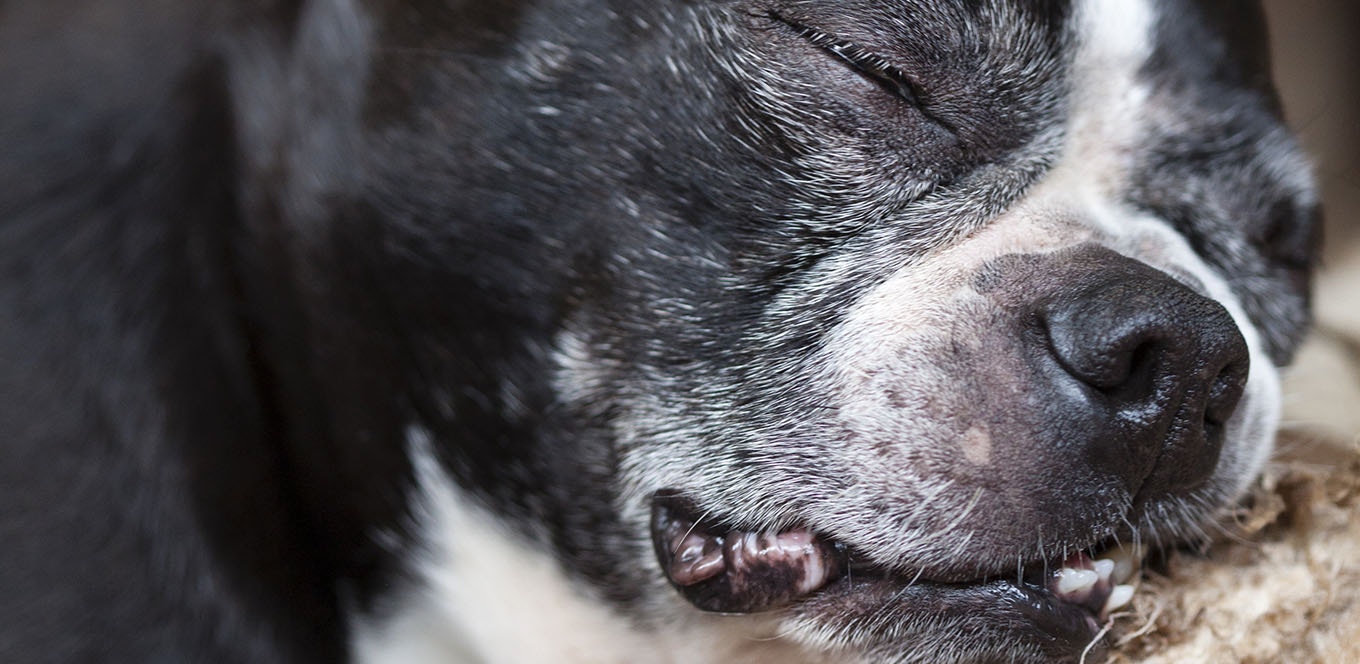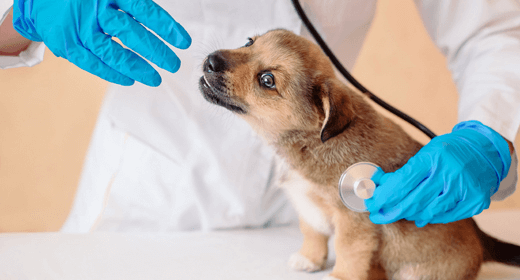

Unlike larger-breed dogs that are considered mature or senior at age 5, small-breed dogs usually don’t experience age-related changes as early. But by age 7, your small dog is mature or senior, and his nutritional requirements are changing. You can help keep your dog active, happy and healthy with a specially formulated mature diet that delivers highly digestible, enhanced nutrition.
The changes your small dog is going through affect him in many ways. You may notice a dull, dry coat and flaky skin, energy loss or weight gain, more frequent intestinal problems, joint stiffness and a loss of lean muscle mass. It’s true that an aging dog may require fewer calories, but your mature or senior dog still needs high-quality protein and carefully balanced nutrients.
What your dog needs is a high-quality, balanced maintenance food formulated for a small dog’s changing metabolism. Look for options with these age-essential nutrients:
These ingredients are the keys to mature nutrition whether you feed dry or wet dog food or give your dog treats.
Additionally, small dogs have small mouths and small stomachs. A nutrient-dense mature formula with smaller kibble may help make food easier for your dog to chew.
Older, less-active dogs are prone to weight gain. Keeping your dog at a healthy weight can help minimize the risk of developing diabetes or joint stress. Your dog can benefit from a weight-control diet with these key ingredients:
While your mature or senior dog’s nutritional needs may be changing, that doesn’t mean he doesn’t have many active, happy years ahead. Make sure your dog can make the most of them by feeding him a proper diet designed for mature small-breed dogs.




Your puppy's first visit to the vet will probably be more than just a quick hello. Get all the details from Veterinarian Dr. Katy Nelson as she talks about important details like how to properly bring your puppy into the vet's office and vaccinations he needs.
Your puppy's first veterinary checkup is about much more than simply greeting your dog's new vet, weighing in, and getting him his standard immunizations. Believe it or not, your first visit is just as much about educating yourself and answering your questions as it is about checking the health of your newest family member. Your first vet visit requires organization, preparation, and sometimes even some light note taking. Hi, I'm Dr. Katy Nelson with IAMS, and today we're talking about how to take your new puppy to his first veterinary appointment. Let's begin with what you'll need to bring to your first visit. First, you should find out what the breeder or shelter has already done for your puppy. They've probably given them some vaccinations. He probably has also been placed on a deworming schedule, and may even be on a heartworm preventative. And depending upon his breed, the tail may have been docked and the dewclaws removed. Your veterinarian will need all of this information, along with the puppy's approximate birth date. So it's important to bring all of your paperwork with you to your first veterinarian visit, so they can help you determine a schedule for completing immunizations, and determine when it's best to schedule spaying and neutering. Next you should bring a fresh stool sample to your first visit, so the veterinarian can check for parasites. Lastly, prepare a list of questions. After having your puppy home for a few days, there's no better time to ask questions than at your first visit with a medical professional. Ask other family members, too, if they have any questions that they'd like added to your list. Once you're prepared, bring your puppy's crate to the car, and do your best to secure it with available seat belts. Depending on the size and weight of the crate and the puppy, it's usually easier to secure the crate first, and then put your puppy inside. If you cannot fit a crate in your car, try purchasing a dog seat belt that is specifically designed to restrain and protect your puppy in case of an accident. This next piece of information is critical. Carry your puppy into the doctor's office. Do not let him interact with any other animals in the office. Though the other animals may be perfectly healthy themselves, your puppy can still get very sick from even just rubbing noses with another dog until his vaccinations and immunity against disease is further developed. After greeting you and your new pup, your vet will likely begin examining your pup as she continues to converse and answer your questions. She'll check your puppy's weight, temperature, heart, lungs, ears, genitals, eyes, nose, skin, anal region, mouth, and gums for both basic and breed abnormalities. Your puppy needs to learn to be comfortable being handled by others. Remaining calm and peaceful in the new environment with the vet or any other stranger will allow your puppy to do the same. Depending on the status of your puppy's records and stool exam, your puppy will also begin the deworming process, receive the following initial vaccines: rabies, distemper, and Bordatella. If your puppy's exposed to other dogs in boarding, public dog parks, training, and other situations, then based on geography and lifestyle, ask your veterinarian which vaccines they recommend for your puppy. Also, ask your vet about microchipping, and when it is safe to begin socializing and training your pup. Following the initial visit, your veterinarian will ask that you return to booster the vaccines until your puppy reaches a certain age. The time between boosters typically ranges between two and four weeks. Here are some signs that your puppy needs immediate medical care: allergic reactions or swelling around the face, hives-- this is most easily seen on the belly or face-- any eye injuries, any respiratory problems, any signs of pain-- panting, labored breathing, increased body temperature, lethargy, restlessness, or loss of appetite-- any suspected poisoning, any open wound, a seizure, fainting, or collapse, snake bites, thermal stress-- either too hot or too cold-- trauma, like if he's hit by a car, even if he seems fine, vomiting or diarrhea more than two or three times within an hour. I'm Dr. Katy Nelson with IAMS, and I hope that you found this helpful as you welcome your new addition to the family.